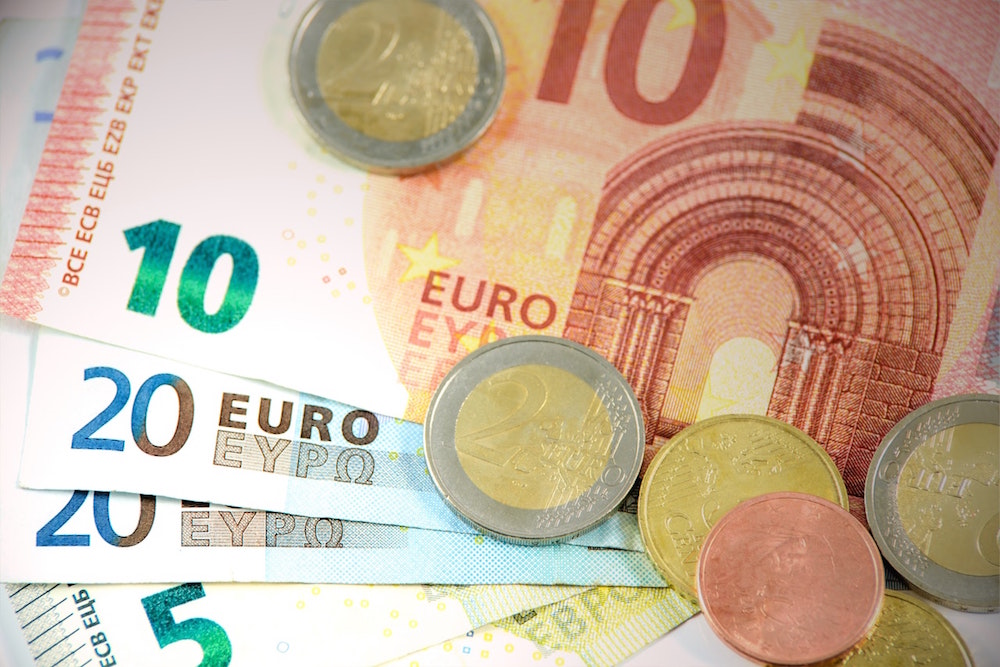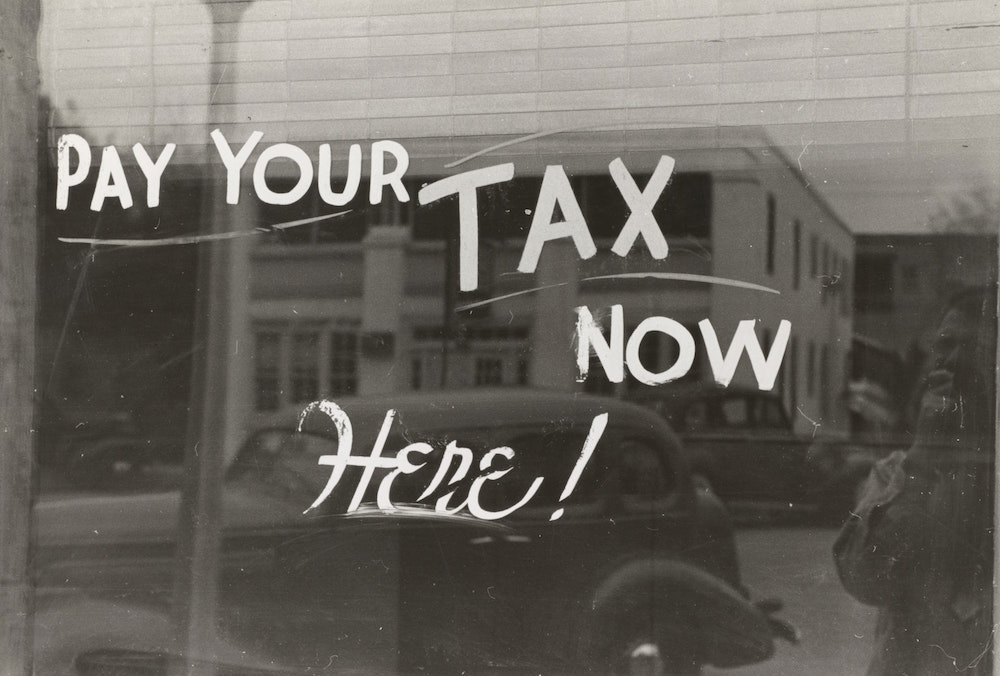
The PAYE System (Income tax)
Firstly, there's your income tax. When working in France, you have to pay part of your salary to the government as your income tax. It's practically the same in other countries as well (most probably in your own home country too). But what might be different in France is their new system in place. Here, they follow the Pay As You Earn system when it comes to paying your income tax. It's an easier process wherein your employer will simply deduct a certain amount from your salary as your income tax. You don't have to go through the trouble of paying it yourself.
Social Security
You should note that paying for Social Security is a different matter entirely. While some companies may also follow the PAYE system when it comes to that, generally, you'll have to pay this tax yourself. The benefit of this contribution—the Charges Sociales—is that it helps keep the country's welfare system afloat. You get to enjoy the French healthcare system, family benefits, unemployment aid, and even your own pension for when you retire. If you're self-employed, you'll have to pay the full 40% of your earning, notwithstanding the current state of your business/company at large.

Property Tax
What about owning/buying/renting a property in France? Will you need to pay taxes on that? The answer is a resounding yes! Called the taxe foncière, you'll need to pay for it every year while living or renting out a property in the country. The good thing here, however, is that there are multiple ways you can pay for it. One is through installments, which you can do if you're unable to pay the full amount in one particular period. Another is to pay in advance by monthly direct debit, which better ensures that you contributed without you getting confused about your other finances.
Wealth Tax
Getting to move to France means there's a very high chance that you're probably well off yourself. But if you're actually wealthy and you decided to move/work in France, you'll need to pay the country's imposed wealth tax. The rate depends on net-worth and annual earnings. If you're worth €800,000 to €1.3 million, your rate would be 0.50%. It's 0.70% for a net worth of €1.3 million to €2.57 million, 1% for €2.57 million to €5 million, and 1.25% for €5 million to €10 million. Meanwhile having the net worth of €10 million and above will require you a rate of 1.5% in your wealth tax.

Capital Gains Tax
Let's say you own a building or any other property in France. And by renting it our, you're earning more than what you earn fro your regular job. Well, the earnings you get from here will also be payable for tax, particularly for the French Capital Gains tax. Fortunately, however, the rate of this tax remains flat, a considerable difference to the wealth and property taxes respectively. Since 2018, you'll just need to pay 30% of your earnings and savings from your income investments and gains. Income tax from the said amount will be paid at a late rate of 12.8% and social charges at 17.2%.
Business Tax
There's the business tax. Setting up and running a business in France makes you legally required to pay for certain taxes as well. Though it's sort of blended in with other forms of taxes in the country. For instance, running a business that's not exactly within the corporate industries makes it under the personal income tax. You'll have to answer to the Impôts sur le Revenu (IR) for this. Meanwhile, if your business is a corporate company, you'll have t answer to the French corporate tax system, which is run by the Impôts sur les Societiés, (IS).
Inheritance Tax
Finally, there's the inheritance tax. Yup, if you've inherited money or property from deceased French citizen, you'll have to pay taxes for it, similarly to how you pay your income tax. But it varies at times, especially if you're not a resident of France yourself. In this situation, the obligation of paying inheritance tax will depend on any agreement your country of origin has with France. But if you're a taxpayer under the French government, you have no choice but to contribute. The rates, similar to those of your income and wealth taxes, vary as well. Expatica listed them down for your convenience.

Paying taxes is both a headache and a responsibility wherever you are in the world. Here in France, it's best that you familiarize yourself with the various taxes you have to pay, and the systems and rates put in place to abide by.




